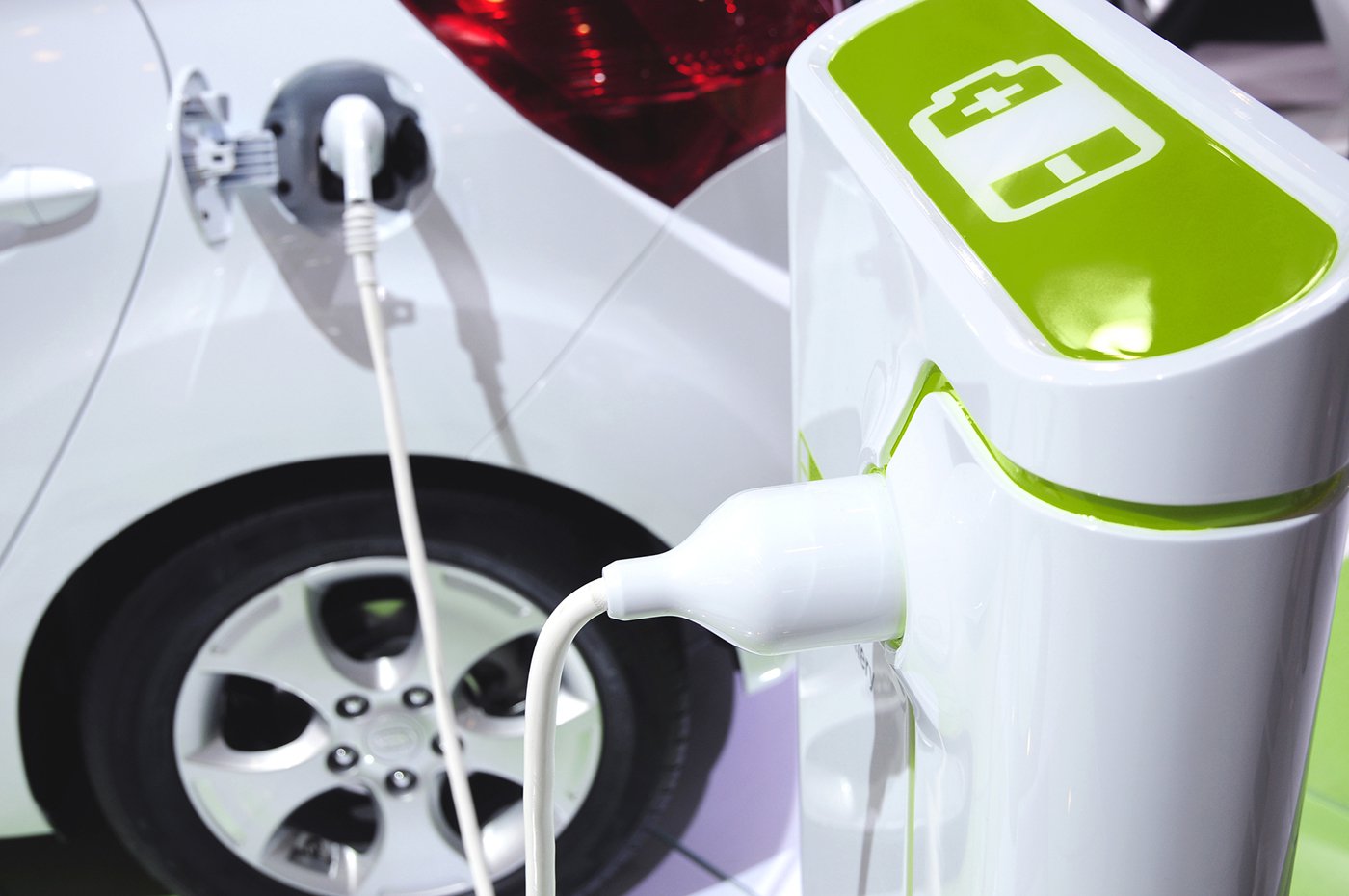
- 304 views
By andrew
Electric vehicles (EVs) have taken the automotive industry by storm, promising to revolutionize transportation and reduce our reliance on fossil fuels. While they may seem like a relatively recent innovation, the history of electric vehicles dates back much further than you might think. In this article, we will embark on a journey through time to explore the fascinating history of electric vehicles, from their humble beginnings to the present day.
The Early Pioneers (19th Century)
The roots of electric vehicles can be traced back to the 19th century when inventors began experimenting with the concept of electric propulsion. In 1828, Hungarian engineer Ányos Jedlik created a small-scale model of a simple electric car powered by a simple electric motor. However, it was Scottish inventor Robert Anderson who is often credited with building one of the earliest electric carriages in the 1830s.
The Electric Revolution (Late 19th to Early 20th Century)
The late 19th century saw significant advancements in electric vehicle technology. In 1879, Thomas Edison, the famous American inventor, patented a more efficient electric storage battery, which made electric vehicles more practical for everyday use. By the early 20th century, electric cars had become quite popular, especially for urban transportation. Companies like Baker Electric, Detroit Electric, and Edison Electric were at the forefront of this electric revolution.
Challenges and the Rise of Gasoline-Powered Cars
Despite their popularity, electric cars faced several challenges. Limited driving range and the inconvenience of recharging the batteries were significant drawbacks. The introduction of the gasoline-powered internal combustion engine (ICE) by Karl Benz in the late 19th century offered greater range and faster refueling, leading to the dominance of gasoline cars.
The Comeback (Late 20th Century)
Electric vehicles experienced a resurgence in the late 20th century as concerns about pollution and oil dependency grew. In 1971, General Motors introduced the first mass-produced modern electric car, the EV1. However, limited availability and opposition from the oil industry led to the discontinuation of the EV1 program.
In the following decades, various automakers introduced hybrid vehicles that combined gasoline engines with electric propulsion systems. Toyota’s Prius, launched in 1997, became a symbol of the hybrid revolution, demonstrating that electric technology could improve fuel efficiency.
The 21st Century: The Age of Electric Vehicles
The 21st century marked a turning point for electric vehicles as technological advancements and environmental concerns converged. Companies like Tesla, founded by Elon Musk in 2003, played a pivotal role in reshaping the EV landscape. Tesla’s Roadster, introduced in 2008, demonstrated that electric cars could be high-performance and desirable.
The availability of lithium-ion batteries, with improved energy density and reduced costs, made it possible to produce EVs with longer ranges and faster charging capabilities. This, coupled with government incentives and increased awareness of climate change, spurred the growth of the electric vehicle market.
Today and the Future
The electric vehicle market is now more dynamic than ever. Virtually every major automaker offers electric models in their lineup, and many have ambitious plans to transition to fully electric fleets in the coming years. Governments worldwide are introducing stricter emissions regulations and providing incentives to promote electric vehicle adoption.
Electric vehicles are no longer limited to passenger cars; they include electric buses, trucks, and even electric bicycles. Charging infrastructure continues to expand, with the proliferation of fast-charging stations making long-distance travel more accessible for EV owners.
Conclusion
The history of electric vehicles is a testament to human innovation and our quest for more sustainable transportation solutions. From their modest beginnings in the 19th century to the present-day electric vehicle revolution, EVs have come a long way. They are now poised to play a pivotal role in reducing greenhouse gas emissions and addressing the challenges of climate change.
As technology continues to advance, electric vehicles are becoming increasingly practical, affordable, and accessible. With the ongoing global commitment to reducing carbon emissions and the development of more efficient batteries, the future of electric vehicles looks brighter than ever. They are not just vehicles of the past; they are the vehicles of the future, offering a cleaner and more sustainable mode of transportation for generations to come.

